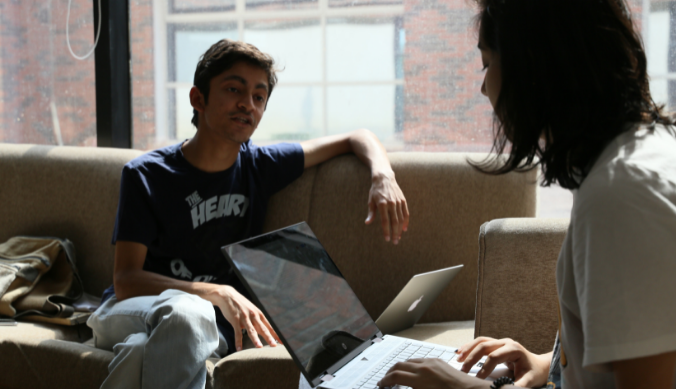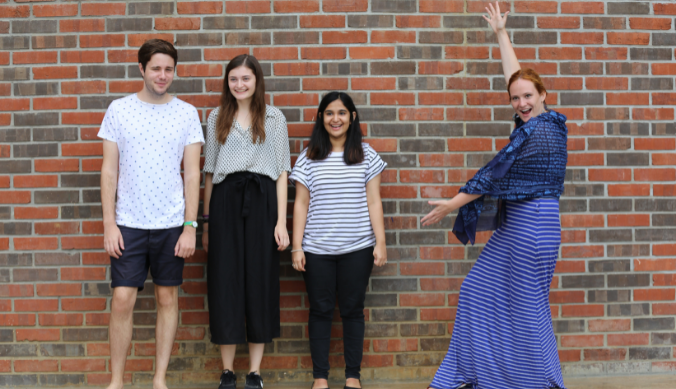4th Edition of the Undergraduate Elections at Ashoka University
Four parties and six individual candidates contested for positions in the House of Representatives .

Ashoka Staff
16 February, 2018 | 6 min readBy Venkatesh Thapan
The 4th edition of the Undergraduate (UG) Student Government elections were held on 15th February, 2018. The election saw four parties and six individual candidates contest for positions in the House of Representatives (HoR). The parties were the BJP (Bringing Justice to the People), Moksh, Prakrit and Independents Bloc. The independent candidates were Akash Kumar, Shivam Sahu, Sumedha B Suresh and Kanan Gupta. The BJP won four seats, Prakrit seven, Moksh two and amongst the independent candidates, Kanan Gupta and Shivam Sahu were elected to the HoR.
“This house has a big responsibility of reinstating the student body’s faith in the institution’s HoR. If the students don’t come to their government, the Student Government will have to go to the students. We will work on making ourselves more accessible, transparent, and accountable,” said Kanan Gupta, Independent member.
The UG Student Government elections are conducted annually. The process of elections is similar to the elections held in the parliament. Students are given the option of participating in the election either as an independent candidate or as a party representative. Independent or party candidates are expected to file their nominations and declare their candidacy.
The candidates are free to campaign in whichever way they deem fit. Most parties on Ashoka Campus use posters, host open meetings for the student body, release manifestos, etc. The objectives listed in this year’s manifestos ranged from increasing the number of courses offered at Ashoka University to uplifting the standard of living for students. During the campaign period, multiple debates are held on campus. Candidates present their opening statements and address questions or concerns from the audience about their manifestos or statements. Students are allowed to campaign up to 3-5 days before the election. After which, all campaigning and campaign material must be removed.
The Ashoka University Election Commission is an independent body that ensures the smooth running of the election process on campus. A Chief Election Officer is elected as head of the commission to oversee the various responsibilities of the commission. The Ashoka University Election Commission also releases an updated electoral code and organizes ballots for student votes. The electoral code is a detailed manuscript that describes the election procedure and protocol. It also states the rules and conditions of the election campaign and the penalty students may face if protocol is violated.
Once elected to the House of Representatives, a party must hold a majority of votes to be able to form a government and elect a President from among themselves. The President will then distribute ministry portfolios like IT Minister, Cultural Minister and so forth.
Speaking about his election experience, Vidhi Goel of the BJP said, “The process to get there is crazy, intense, fun and incredibly stressful, but I feel in the end it will be worth it. As a member of the HoR, the student body has placed their trust in me. I will make sure I deliver my best and restore the student body’s faith and trust in the student government.”
The writer is an undergraduate student at Ashoka University.










